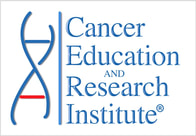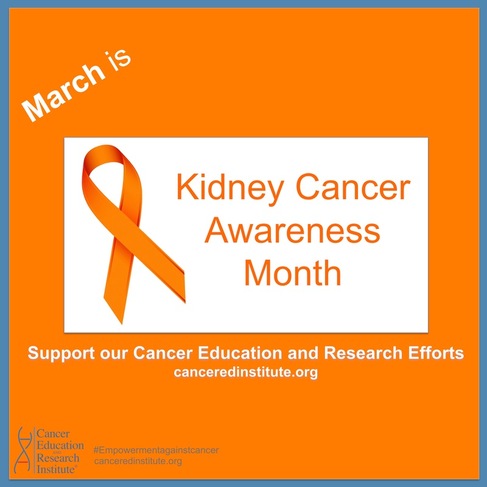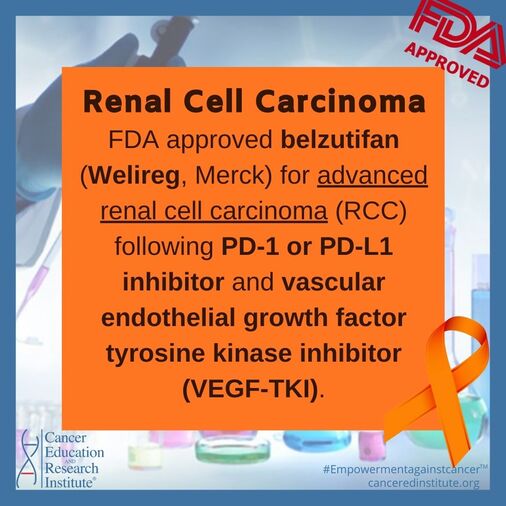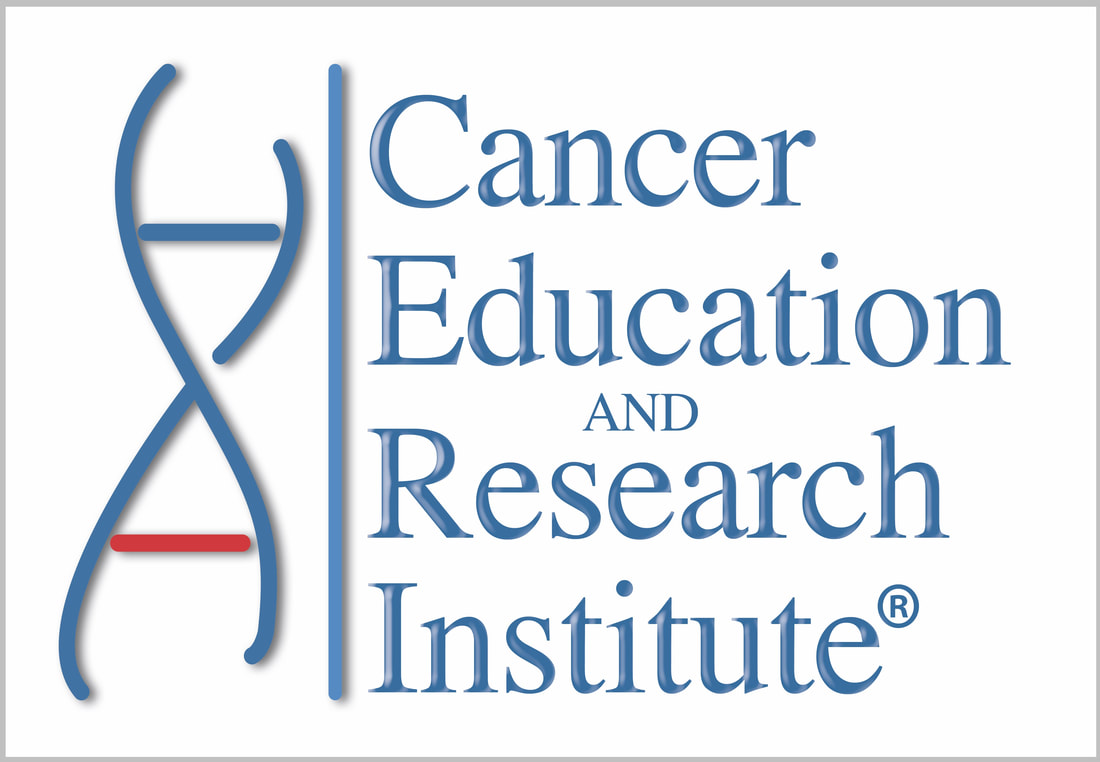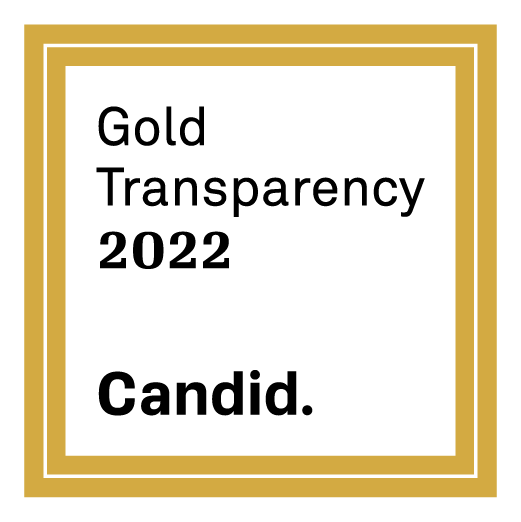Cancer Education and Research Institute (CERI)'s Cancer Education Programs
Cancer Education and Research Institute® (CERI)'s, formerly Cancer Research Simplified, mission is simple: Cancer Education for All™! Our Team of cancer experts provides you with the most reliable, most up-to-date, and simplified cancer information available. Our educational programs quickly became trusted and highly sought after worldwide.
CERI strongly stands behind the importance of cancer patient empowerment and is a worldwide leading source for simplified, multi-language cancer education. Knowledge is power and empowerment is the key for greater treatment success, early diagnosis, as well as cancer prevention.
For any questions or requests, please contact us.
CERI strongly stands behind the importance of cancer patient empowerment and is a worldwide leading source for simplified, multi-language cancer education. Knowledge is power and empowerment is the key for greater treatment success, early diagnosis, as well as cancer prevention.
For any questions or requests, please contact us.
Kidney Cancer and Kidney Cancer Types
Ayguen Sahin, MSc, PhD | CEO and Cancer Lead - Cancer Education and Research Institute (CERI)
Kidney cancer is cancer that begins in the kidneys. Kidney cancer can develop and in adults and children.
Renal Cell Carcinoma (RCC) makes up 95% of kidney tumors. This is why kidney cancer is generally called “renal cell carcinoma” [learn more about carcinoma and renal cell carcinoma in our ‘What is carcinoma?’ video here].
Kidney cancer subtypes are identified by examining the tumor under the microscope. These are the most common kidney cancer types:
Renal Cell Carcinoma:
Non-Renal Cell Carcinoma:
These tumors of the kidney are less common, including:
Renal Cell Carcinoma (RCC) makes up 95% of kidney tumors. This is why kidney cancer is generally called “renal cell carcinoma” [learn more about carcinoma and renal cell carcinoma in our ‘What is carcinoma?’ video here].
Kidney cancer subtypes are identified by examining the tumor under the microscope. These are the most common kidney cancer types:
Renal Cell Carcinoma:
- Clear Cell Renal Cell Carcinoma (Clear Cell RCC): 75% of the cells appear clear under the microscope.
- Papillary Renal Cell Carcinoma (Papillary RCC): This type makes up 10-15% of RCC. These cancers form a finger-like projections. This type RCC can be divided in two groups:
- Chromophobe: Makes up approximately 5% of RCC. The cells of this type are larger, appear pink or clear, and have prominent borders.
- Clear cell papillary: Makes up approximately 2-4% of RCC.
- Collecting Duct: Makes up approximately 1% of RCC. An aggressive type of RCC.
- Medullary: Makes up approximately 1% of RCC. A very aggressive type of RCC often occurring in young African Americans with sickle cell trait.
- Unclassified: Makes up approximately 2-3% of RCC. These tumors do not fit in any of the RCC categories.
Non-Renal Cell Carcinoma:
These tumors of the kidney are less common, including:
- Urothelial Carcinoma: This cancer type resembles bladder cancer cells, but arises from the renal (kidney) pelvis.
- Wilms Tumor: This type is a rare pediatric cancer in children ages between 2-5.
- Renal Sarcoma: This rare kidney cancer type, which makes up less than 1% of kidney cancers, arises from the connective tissue.
- Benign (Non-Cancerous) Kidney Tumors (these tumors do not spread)
- Renal Adenoma: This is a slow growing, small, benign tumor that is less than 1 cm in size.
- Oncocytoma: This type makes up approximately 5-10% of kidney tumors. If the oncocytoma grows too large, it might be removed via surgery to ensure it does not cause other damages to the kidney, such as pain and bleeding.
- Angiomyolipoma: This tumor type contains fat, vessels, and muscle. This benign tumor type can bleed when large. Therefore, treatment is advised when tumor becomes more than 4 cm.
March is Kidney Cancer Awareness Month! Renal cell carcinoma is the most common form of kidney cancer.
7 Ways to Keep Your Kidneys Healthy
Misinformation On Food Exposed!
March 14 is World Kidney Day!
On World Kidney Day, and every day, it is important to make sure that we keep our kidneys healthy and well functioning. Here are 7 ways you can keep your kidneys healthy. Do you do any of these? Also check our nutrition, healthy diet, and exercise page on our website for more healthy tips.
On World Kidney Day, and every day, it is important to make sure that we keep our kidneys healthy and well functioning. Here are 7 ways you can keep your kidneys healthy. Do you do any of these? Also check our nutrition, healthy diet, and exercise page on our website for more healthy tips.
#kidney #kidneyhealth #renalcellcarcinoma #RCC #waystokeepyourkidneyshealthy #keepyourkidneyshealthy #healhykidneys #kidneydisease
#diabetes #highbloodpressure #cancerawareness #cancer #cancerprevention #KidneyCancerAwarenessMonth #KCAM
#diabetes #highbloodpressure #cancerawareness #cancer #cancerprevention #KidneyCancerAwarenessMonth #KCAM
FDA Approvals for Kidney Cancer
December 14, 2023:
FDA approves belzutifan for advanced renal cell carcinoma
FDA approves belzutifan for advanced renal cell carcinoma
2016:
Lenvima (lenvatinib) in combination with everolimus was approved by the FDA for the treatment of advanced renal cell carcinoma. Read our article to learn more, or watch our video below.
Lenvima (lenvatinib) in combination with everolimus was approved by the FDA for the treatment of advanced renal cell carcinoma. Read our article to learn more, or watch our video below.
Here are takeaways from our 2015 CRS Breast Cancer Symposium on Nutrition. Carol Sullivan, MS, RD, CSO, LDN from MGH Cancer Center covered all aspects of nutrition, healthy diet, and lifestyle for cancer prevention and after survival.
Follow us for more daily cancer information:
👉 facebook.com/canceredinstitute
👉 instagram.com/canceredinstitute
👉 twitter.com/canceredinst
#canceredinstitute
👉 facebook.com/canceredinstitute
👉 instagram.com/canceredinstitute
👉 twitter.com/canceredinst
#canceredinstitute
Resources:
- https://www.mskcc.org/cancer-care/types/kidney/types (accessed 3/16/2022)
- https://www.uclahealth.org/urology/types-of-kidney-cancer (accessed 3/16/2022)
- FDA approves belzutifan for advanced renal cell carcinoma (accessed 12/19/2023)
You might also like:
|
|
|
Disclaimer: We can not assume responsibility of misinterpretation of content.
Please donate to support our cause - help us continue with our trusted educational programs;
help us save lives; help us guide and empower cancer patients and their caregivers:
help us save lives; help us guide and empower cancer patients and their caregivers:
Cancer Education and Research Institute, fka Cancer Research Simplified, is a registered 501(c)(3) non-profit organization.
Your donations are tax deductible to the extent permitted by law.
Your donations are tax deductible to the extent permitted by law.
